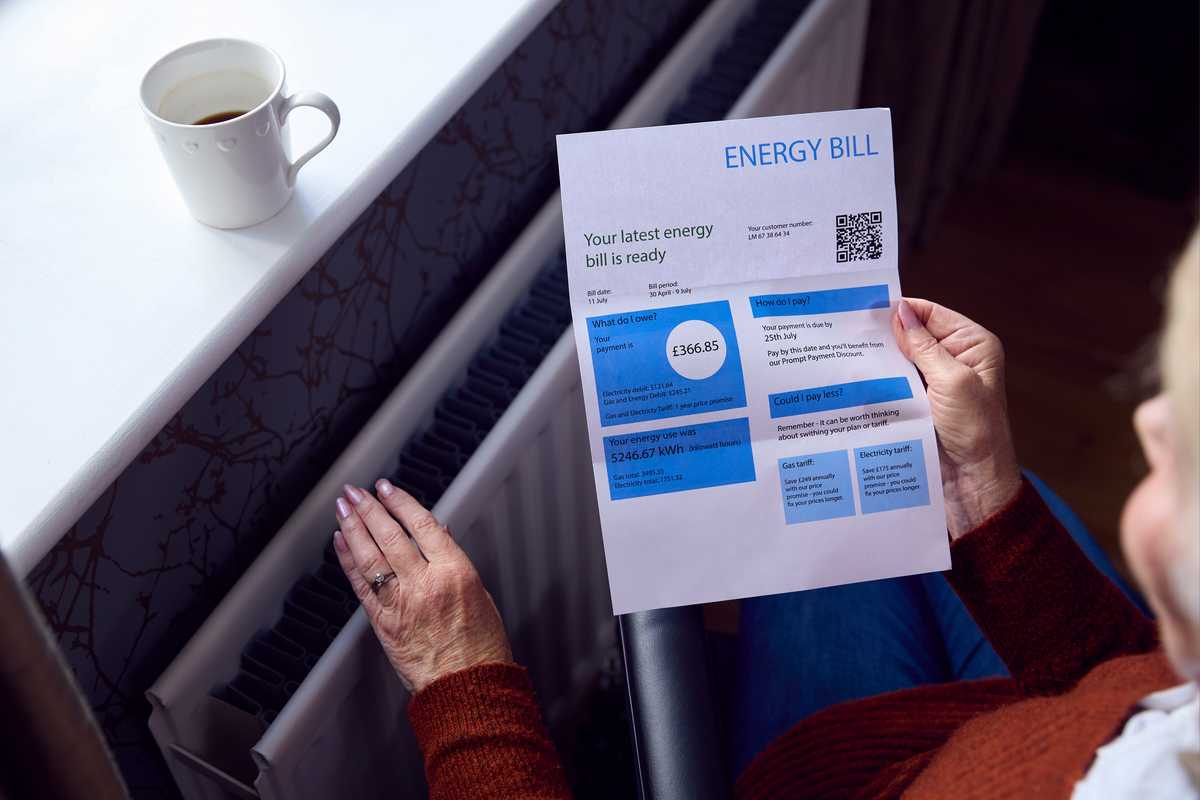Understanding your electricity and natural gas bill is crucial to managing your energy consumption and budget effectively. It can seem daunting at first, but with a bit of guidance, you’ll be reading these bills like a pro in no time.
Let’s break it down.
Account Information
This is your personal information – your name, address, and account number. It’s important to ensure these details are correct, as they are your utility provider’s way of identifying your account.
Billing Period
This section shows the start and end dates for the current billing cycle. It’s essential to note these dates to understand the period your bill covers.
Energy Usage
Here’s where it gets interesting.
Your bill will display your energy consumption in kilowatt-hours (kWh) for electricity and therms or cubic feet for natural gas. These figures represent how much energy you’ve used during the billing period. It’s a good idea to track this over time to see your usage patterns.
Charges Breakdown
Your bill will itemize the different costs. For electricity, this typically includes a charge per kWh used, and for natural gas, a charge per therm or cubic foot. You might also see other fees, like delivery or service charges, which are fixed regardless of how much energy you use.
Total Amount Due
This is what you owe for the billing period. It’s the sum of all the charges, including energy usage and additional fees.
Payment Information
This section outlines how and when to pay your bill. Late payments can lead to extra charges or interruptions in your service, so it’s crucial to pay attention to due dates.
Comparative Usage
Some bills include a comparison of your current usage with previous periods. This information can be incredibly helpful in understanding your energy habits and making adjustments to save on future bills.
Messages or Notices
Keep an eye on this section for any important messages from your utility provider, such as changes in rates or service notifications.
Remember, if there’s something on your bill that you don’t understand, don’t hesitate to contact your utility provider for clarification. Being informed about your energy usage and charges is key to being a savvy consumer and can help you make smarter decisions about your energy use.
Understanding your energy bill is not just about knowing what you owe; it’s about gaining insights into your energy habits.
With this knowledge, you can take steps to reduce your consumption, lower your bills, and contribute to a more sustainable future.

